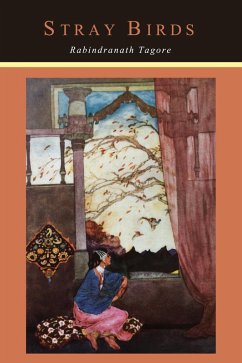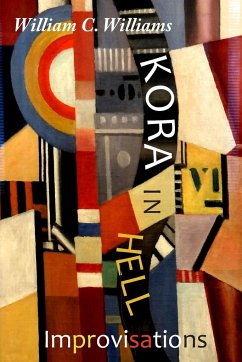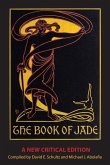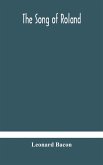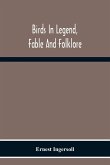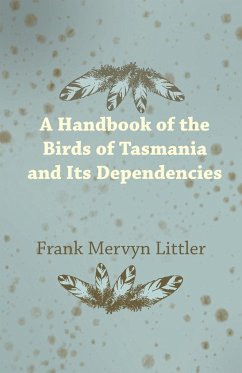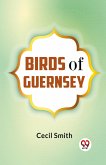2015 Reprint of 1916 Edition. Full Facsimile of the original edition. Not reproduced with Optical Recognition Software. Collected here are three hundred twenty short poems by Rabindranath Tagore. They were written in Bengali before being translated into English by Tagore. These poems are beautiful, thought provoking, and somewhat reminiscent of Haiku. "Stray birds of summer come to my window to sing and fly away. And yellow leaves of autumn, which have no songs, flutter and fall there with a sigh." Rabindranath Tagore was a Nobel Laureate for Literature (1913) as well as one of India's greatest poets and the composer of independent India's national anthem, as well as that of Bangladesh. He wrote successfully in all literary genres, but was first and foremost a poet, publishing more than 50 volumes of poetry. He was a Bengali writer who was born in Calcutta and later traveled around the world. He was knighted in 1915.
Hinweis: Dieser Artikel kann nur an eine deutsche Lieferadresse ausgeliefert werden.
Hinweis: Dieser Artikel kann nur an eine deutsche Lieferadresse ausgeliefert werden.

